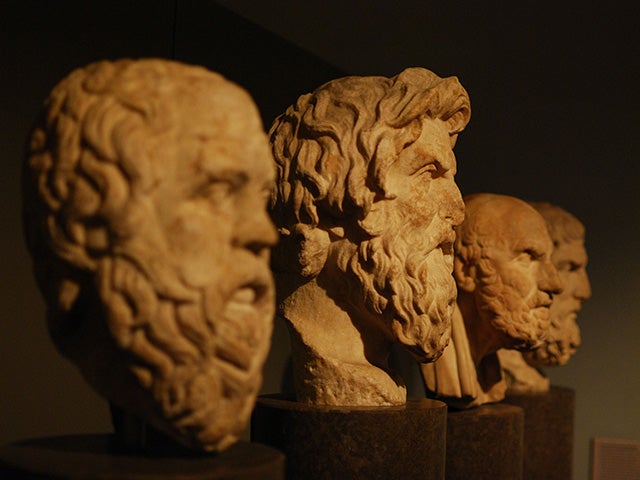Special Topics in Cognitive Science
Neuropsychology of Happiness
Davina Chan
Aug 25, 2021 - Dec 10, 2021
Tu, Th
12:30 pm - 01:59 pm
No Open Seats

This course will explore cognitive and affective components of happiness, including pleasure, meaning, and well-being, as well as associated patterns of neural activity. Included will be a discussion of the neuropsychological basis of negative emotions, including sadness, fear, and anger, as well as an overview of the particular types of negative thought patterns associated with various psychological disorders, including mood disorders, anxiety disorders, and PTSD, and their neurological underpinnings. We will then turn to an evaluation of research findings from the new field of self-directed neuroplasticity. This will include a discussion of various evidence-based psychotherapeutic techniques for releasing and transforming negative thoughts and cultivating positive ones, including mindfulness, gratitude, and other cognitive-behavioral techniques, such as behavioral activation and reappraisal. We will examine how those techniques may affect perception, attention, judgment, and memory and change neurological structure and function in the short run and in the long run. Comparisons will be made to effects of psychoactive drugs, both legal and illegal, as well as brain stimulation techniques used to treat psychological disorders. Lastly, we will look briefly at recent developments involving use of neuroimaging data to predict which types of psychotherapeutic techniques may be most effective for a particular individual.










